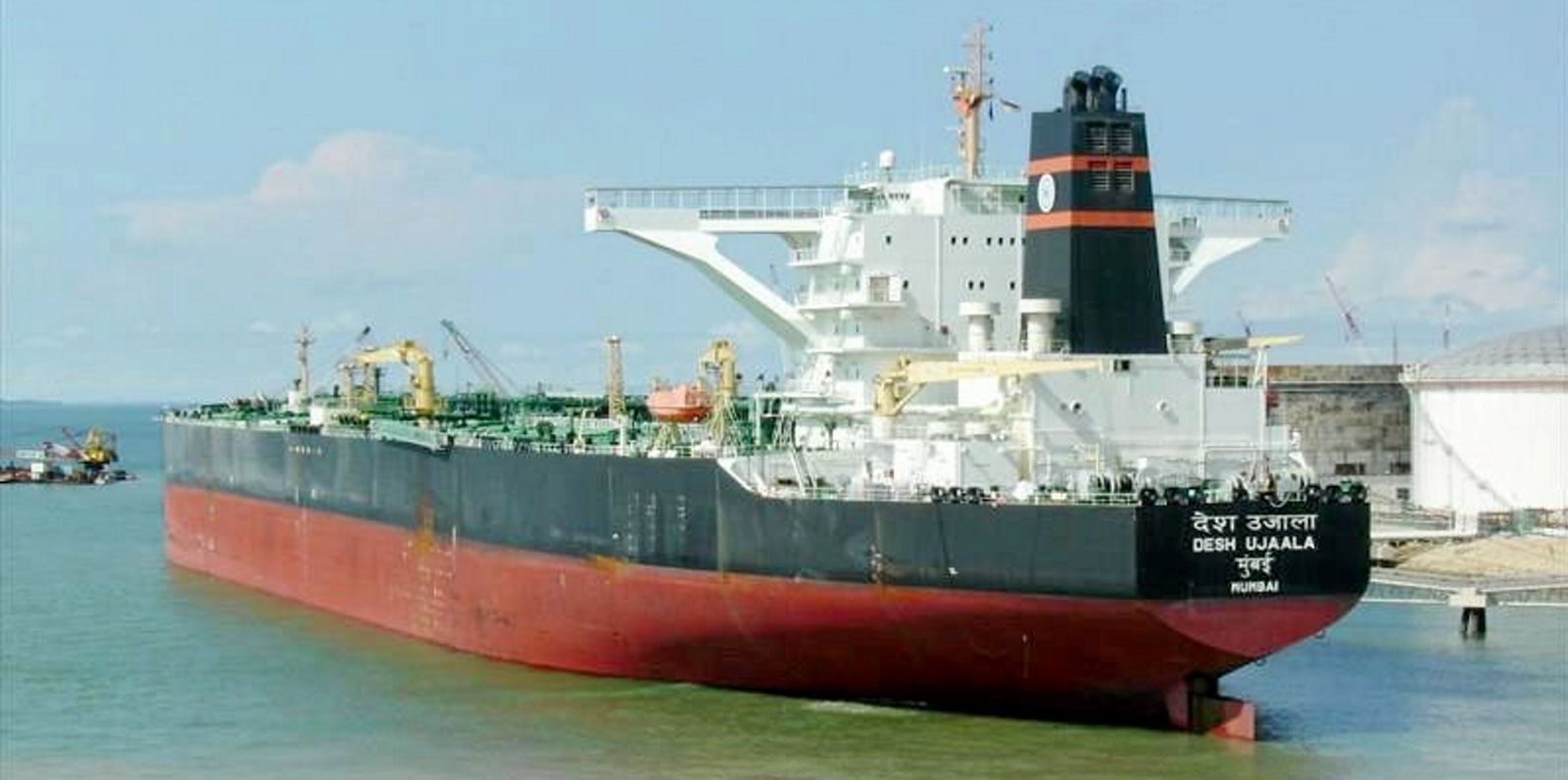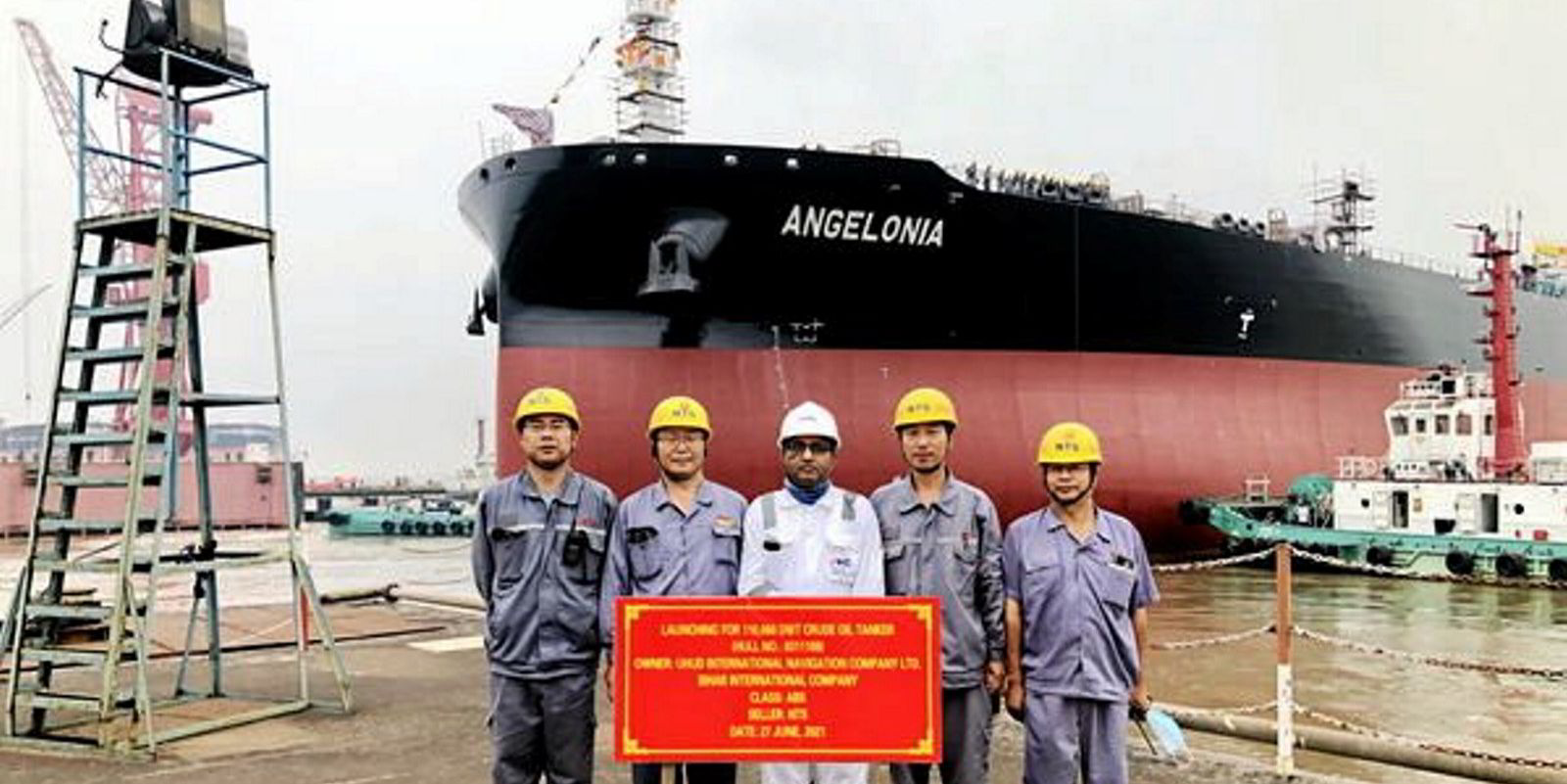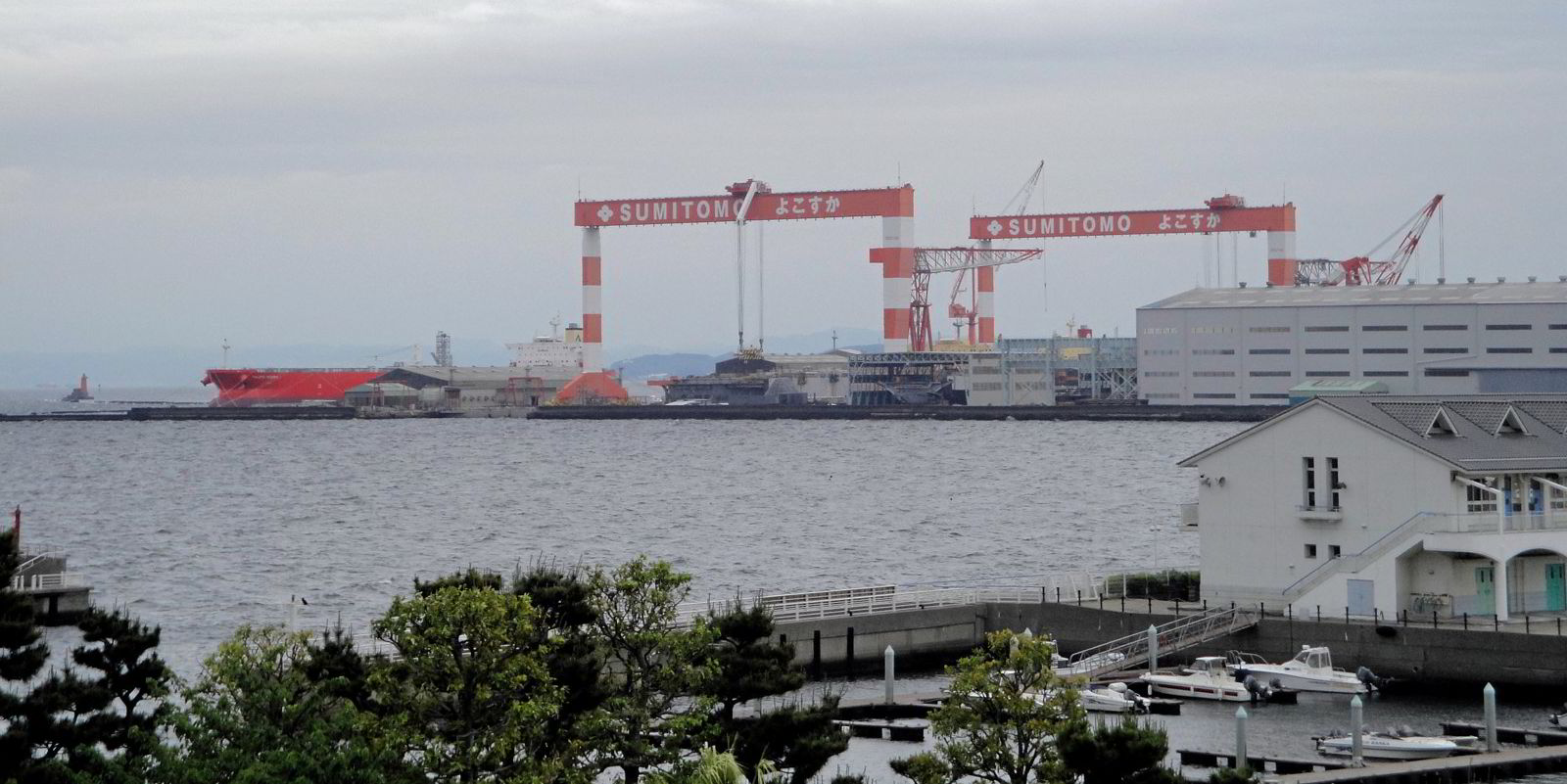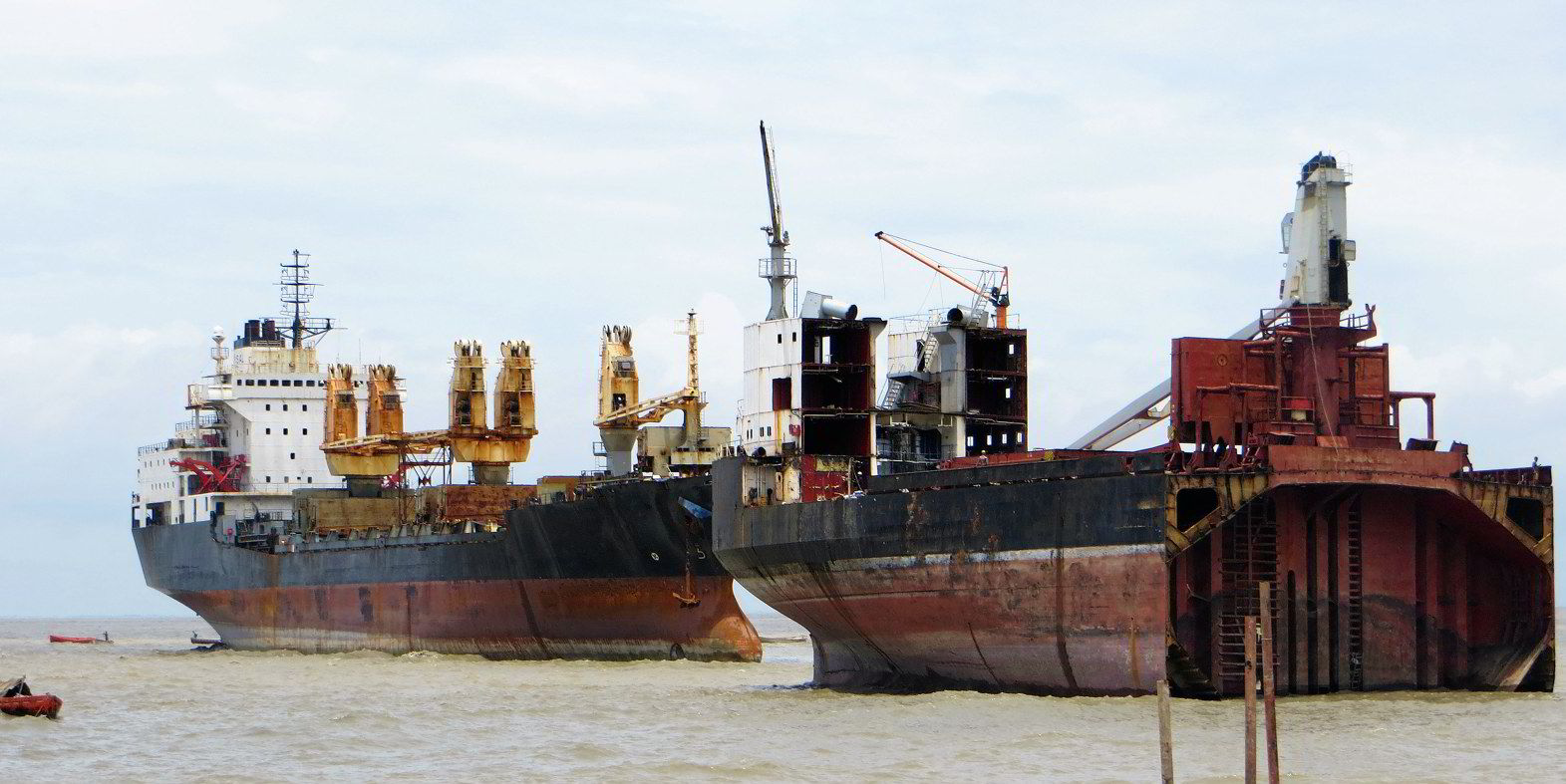Tanker owners that invest in eco tonnage or scrubbers are enjoying the largest premiums in earnings in more than 17 months, according to a Clarksons Research analyst.
Rachel Ibbetson said in a note that recent developments in marine fuel markets have been favourable to the vessels that are either fuel efficient or capable of consuming cheaper high-sulphur fuel oil (HSFO) or both.
Data from shipbroking giant Clarksons’ research unit showed the so-called eco premium in the VLCC sector grew to more than $7,000 per day as of July from $3,000 per day in the second quarter of last year.
The scrubber premium for a 2010-built VLCC stood at $5,000 per day, up from $2,000 per day in the third quarter of last year.
“The tanker market has experienced tough conditions since late 2020, but earnings have shown significant variation across ships of different generations and technology specifications,” Ibbetson wrote.
“The size of ‘eco’ and scrubber premiums has changed over time, with current premiums around the largest they have been since early 2020.
“In the smaller tanker segments, premiums are generally lower [reflecting the lower overall fuel consumption] but are still significant.”
The analyst highlighted the growing importance in tracking earnings for different tanker types as the proportions of eco and scrubber-fitted vessels in the overall fleet increase over time.
Clarksons Research data suggests 27% of the tanker fleet is fitted with scrubbers, compared with 13% at the beginning of last year.
Some 41% of VLCCs are scrubber-fitted, versus 26% of suezmaxes, 18% of aframaxes, 8% of panamaxes and 15% of MRs.
Meanwhile, the research unit has defined 31% of the tanker fleet as “eco-modern” because the ships are equipped with an electronic injection engine and were ordered in early-2012.
Ibbetson added that a sizeable 43% of tanker fleet capacity was either “eco” or scrubber-fitted as of July.
The Clarksons Research note focuses on earning power rather than profitability. Some tanker players said financing costs for scrubber-fitted, eco tonnage tend to be higher than those for vintage ships.
“When you buy an old ship, sometimes you can buy with cash. The price is lower,” one of them said.
Others point out that readings of daily earnings remain important as they provide a good view of operating cash flows.
“The tanker market has undeniably experienced a challenging period,” Ibbetson said. “The first half of 2021 saw the lowest average tanker earnings for over 30 years, but some ships will have earned more than others.”






